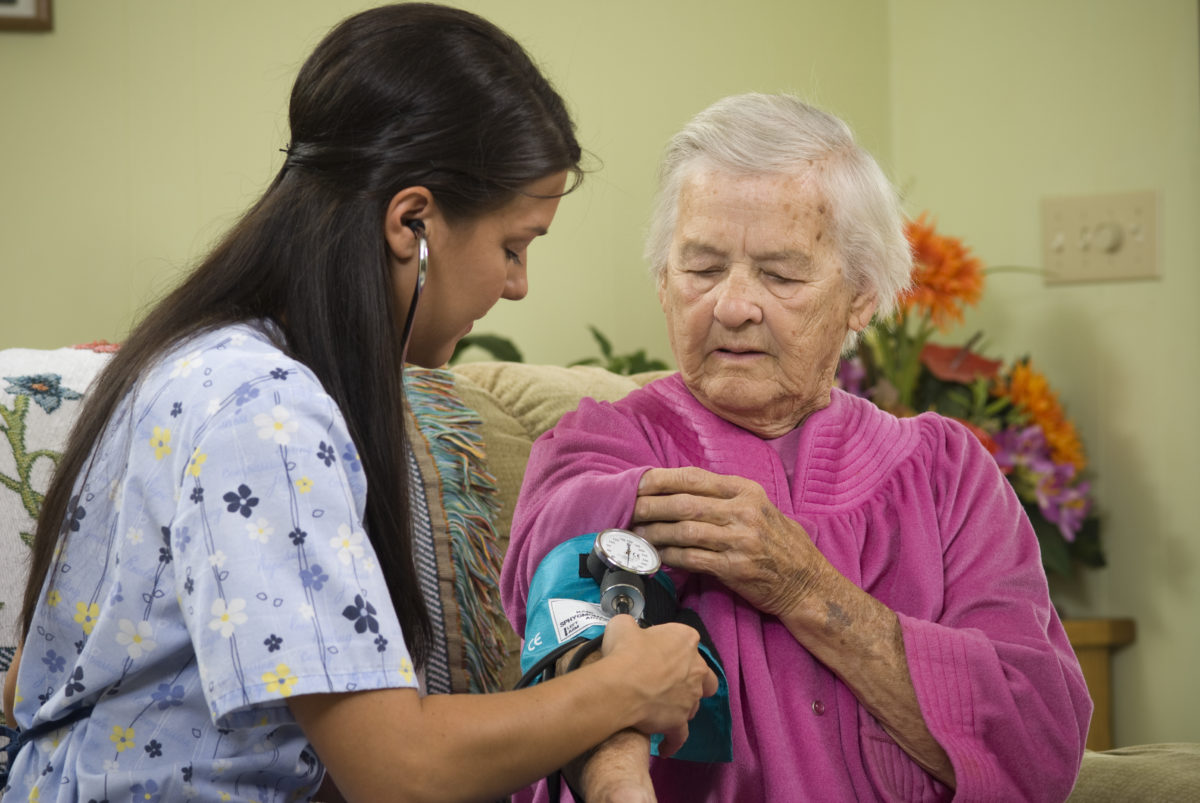Economic Security, Mobility and Equity (ESME)
Whether paid or unpaid, women’s work is crucial for their families’ economic security and well-being. Greater gender equality in paid and unpaid work will reduce poverty and improve economic growth and prosperity; persistent inequity in employment and family work is costing all of us. Women are held back by the undervaluation of historically female work, workplaces designed as if workers had no family responsibilities, and a broken-down work-family infrastructure.
IWPR’s ESME program highlights the extent of pay inequalities, and the role played by stark occupational segregation in perpetuating unequal pay. We conduct research and analysis on women’s labor force participation and employment trends; workforce development, non-traditional employment, and apprenticeships; the impact of sex discrimination and harassment on women’s career advancement and mobility; the gender pay gap and pay inequity across race and ethnicity; work-family policies and employer practices; the and the impact of automation and technological advances on women workers.
We work with policymakers, employers, advocates, and practitioners to identify promising practices and policy solutions.





